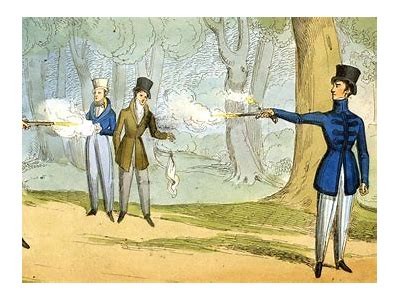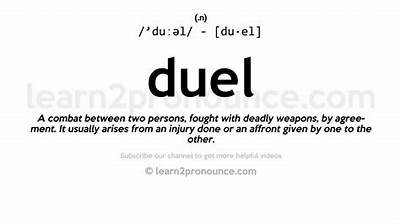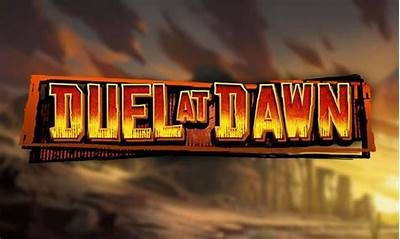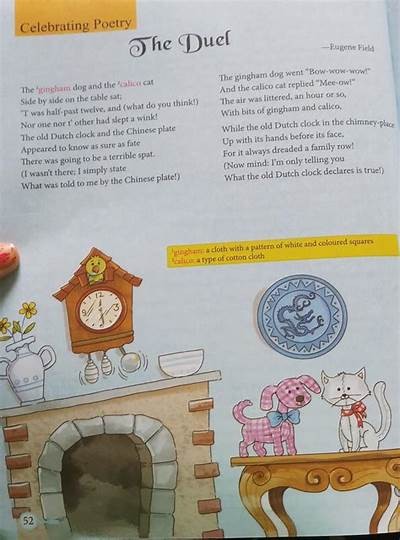The concept of a duel at dawn has been a potent symbol in literature and culture for centuries. It represents not only personal honor and conflict resolution but also a broader commentary on societal values, morality, and the human condition. This article delves into the multiple interpretations and representations of the duel at dawn, examining its significance across different literary works, historical periods, and cultural contexts.

To understand the significance of a duel at dawn, one must first consider its historical context. Duels were common practices, particularly in 17th and 18th-century Europe, where gentlemen would settle disputes through combat, often under strict codes of honor. The early morning setting of these duels was emblematic of a fresh start, a time when the day was still pure and untouched by the complexities that would follow.

The duel at dawn has appeared in various literary works, where it serves as a turning point for characters and plot development. In literature, this motif allows authors to explore themes of honor, betrayal, and justice. A prominent example is found in Alexander Dumas’ "The Three Musketeers," where duels are not only acts of bravery but also symbols of loyalty and friendship.

Beyond its physical manifestation, the duel at dawn serves as a metaphor for internal conflict. Characters engage in battles not only with their opponents but also with their own moral dilemmas and societal expectations. This duality is exemplified in works such as Hemingway’s "The Sun Also Rises," where the struggle for identity and purpose parallels the external conflict of a duel. Cultural Interpretations
The meaning of a duel at dawn varies significantly across different cultures. In Western literature, it is often romanticized, imbued with notions of chivalry and honor. In contrast, Eastern narratives may emphasize the psychological and philosophical aspects of conflict, highlighting the futility of violence and the quest for peace. This dichotomy reflects broader cultural attitudes towards honor and violence.

The gender dynamics involved in the duel at dawn narrative are also worthy of exploration. Traditionally, duels have been associated with masculinity, embodying ideals of power and dominance. However, contemporary literature often challenges these norms, depicting female characters engaging in their own versions of the duel, transforming the narrative and questioning established gender roles. The Symbolism of Dawn
Dawn itself carries profound symbolism. As a time of transition, it represents rebirth, hope, and new beginnings. In the context of a duel, it can symbolize the end of conflict, the resolution of personal rifts, or the dawn of a new understanding between adversaries. This symbolic interpretation emphasizes the idea that every conflict, no matter how violent, has the potential for resolution and growth. Modern-Day Relevance
In today’s world, the concept of a duel at dawn has evolved but continues to resonate. While physical duels are largely relics of the past, the underlying themes of honor, conflict, and resolution remain pertinent. Contemporary issues—ranging from political disagreements to personal disputes—often reflect the essence of this metaphorical duel, inviting dialogue and understanding rather than violence. Conclusion
In conclusion, the duel at dawn serves as a rich symbol that transcends its literal interpretation. Through literature and culture, it encapsulates the complexities of human relationships, societal norms, and personal identity. As we explore this theme, we recognize that every duel, whether fought at dawn or within the confines of our minds, is ultimately a pursuit of understanding and resolution.
转载请注明:willbet Free Online Games » octo attack » Exploring the Deeper Meaning of Duel at Dawn in Literature and Culture